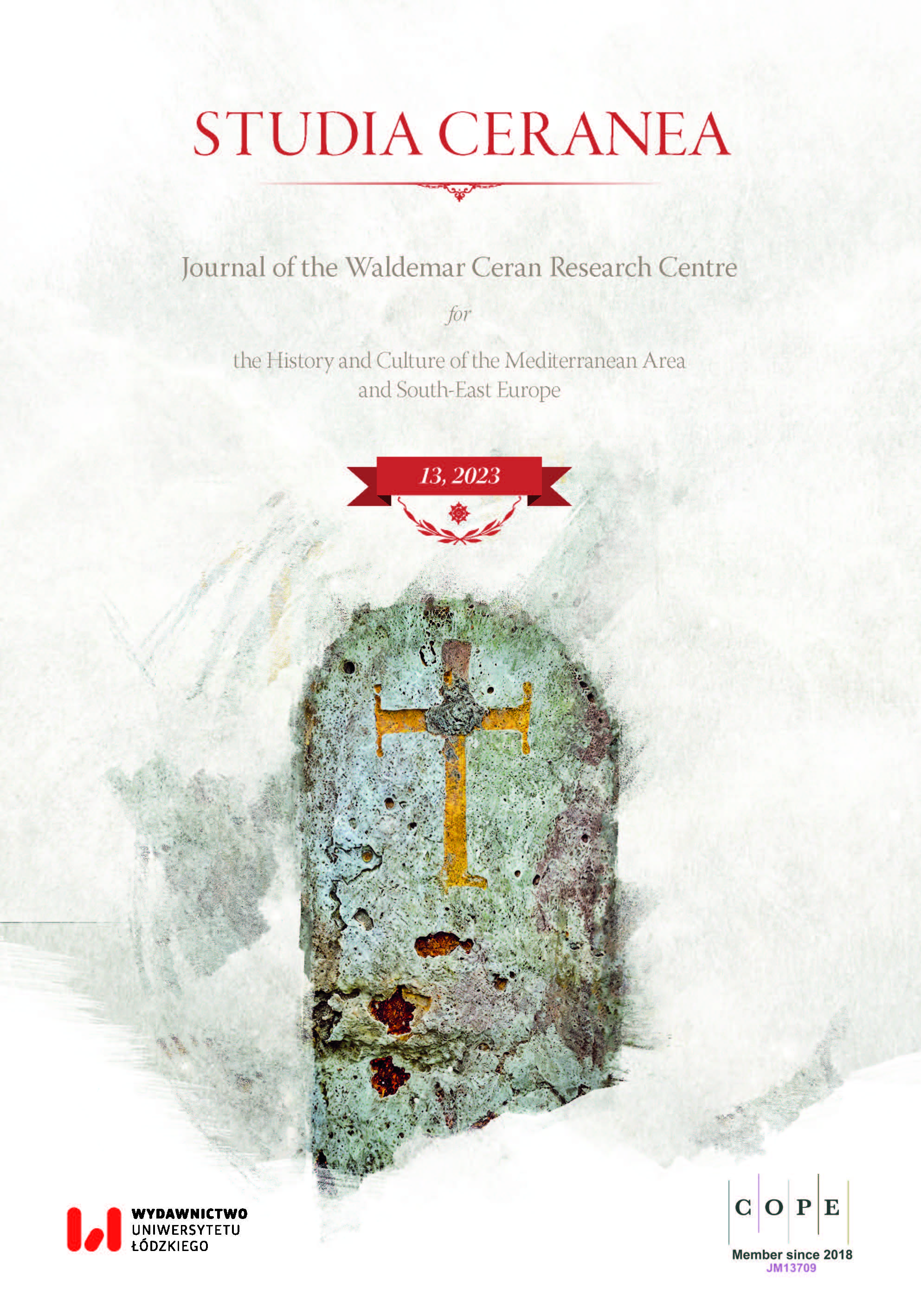Food for Life: Galen’s "On Health" ("De sanitate tuenda")
Food for Life: Galen’s "On Health" ("De sanitate tuenda")
Author(s): John WilkinsSubject(s): History, Cultural history, Ancient World
Published by: Wydawnictwo Uniwersytetu Łódzkiego
Keywords: ancient medicine; Greek medicine; Galen; 'De Sanitate Tuenda'; health; disease; food
Summary/Abstract: In Galen’s view, health was a natural state and disease unnatural. If a body became unwell, balance was best restored by adjustments to daily life, in particular to the environment, food and drink, exercise, sleep, physiological balance and mental health. If none of these worked, only then should drugs or more drastic treatments be considered. Galen sets out in On Health how the natural state is best preserved, starting from birth, through childhood, to adulthood and old age. There are several features to be noted, not least the relentlessly male focus (with childbirth the major area of consideration for women specifically) and the use of the idealised young man as the canon against which to measure all bodies. This latter feature has led commentators to suppose that Galen only has the leisured rich class in mind, wrongly I believe. Two recent translations in the Loeb series (Johnston) and in the CUP Galen series (Singer forthcoming) have made the text readily available to all, and further discussion is timely. In my paper I will focus on Galen’s use of diet and massage to keep the body healthy. I shall also consider the unhealthy body which takes up the last three of the six books, as the life span nears later age and greater fragility. Even here, Galen prefers food and gentle remedies to bloodletting and drugs (which are in effect often stronger versions of food plants). Galen claims that this regime has kept him healthy for 50 years, despite his less than perfect constitution and lifestyle. He is thus a doctor who experiments on himself to promote a lifestyle which, he claims, should, after an initial assessment, maintain the patient without need of a doctor for life.
- Issue Year: 2023
- Issue No: 13
- Page Range: 153-164
- Page Count: 12
- Language: English

